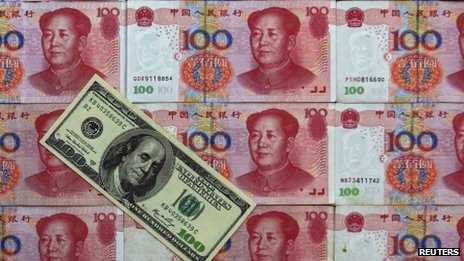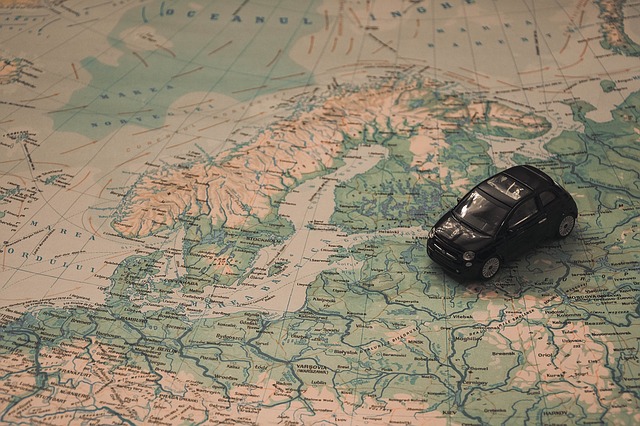Due to China’s economic accomplishments in recent years, the country has garnered an expectation to become a super-power in the global economy in the near future. It seemed that the 21st century for China could not get any more promising. However, some forecasts expect China’s GDP to become the highest in the world and GDP per capita to catch-up with current developed countries in the next 10-20 years. These forecasts also expect the country’s GDP per capita to match those of developed countries by the end of the 21st century.
China’s economy today
China’s economy is important not only because it has the largest population in the world, but also because of its many trade relations with many other countries. As a result, any change in its economy would not only affect the 1.3 billion citizens of China, but also the economies of its abundant trade partners. In 2012, as China’s economy was still recovering from the 2008 world economic crisis, the Euro debt crisis brought even more problems to the country. The world economy is developing at a slower pace, but both internal and external factors still expect China to continue its economic growth and carry the global economy. The expected GDP growth for 2012 is around 8.5%, while the expected CPI growth is about 3.5%.
The 2008 economic crisis completely changed the structure of the global economy, as traditionally developed economic powers such as the European Union and the United States were forced to dispose of the traditional economic theories that caused the recession and adopt new ones. China also needed an adjustment.
The external driving force this year is the Euro debt crisis. The decline of the European economy forced it into a recession as business stagnated throughout Europe. From 2008 on, the United States has taken various measures to limit their imports from China to lessen the competitive pressures on their native industries and force China to further open its market.
Internal issues
China’s economy also faces some internal issues due to the unbalanced development in the country. Cash flow and technology has become two major obstacles. The two most obvious problems are: China’s exports are not well-distributed, so many firms are producing lower-quality products that waste more energy and resources to produce; the continuously growing foreign reserve are driving the price of goods higher and higher, leading to inflation that threatens the economy.
To acquire further development in the future, China should switch its external economic growth strategy to an internal one. China should focus on internal market needs and stimulate the potential of its people’s consumption. Also, China should let more foreign companies enter its market. A crisis is not only a threat but also an opportunity. Foreign competitors will bring both money and technology with them and also force Chinese firms to hasten their pace of reforming and innovating.
Daxue Consulting China Market Research
Sources:
Picture Source: China foreign reserve




